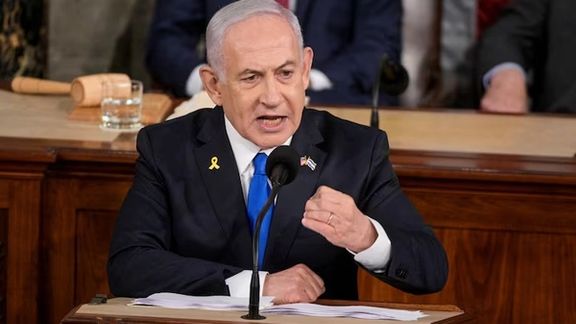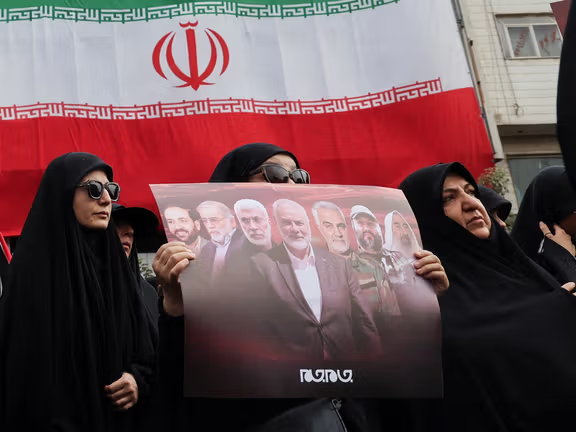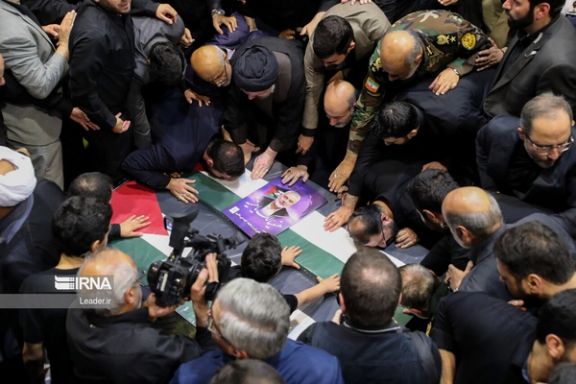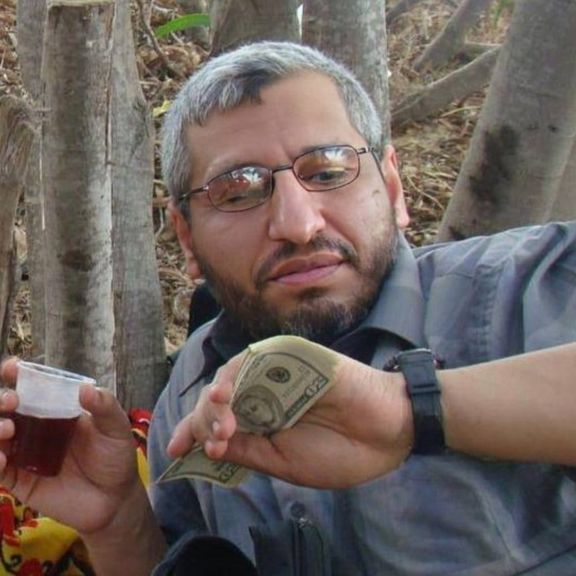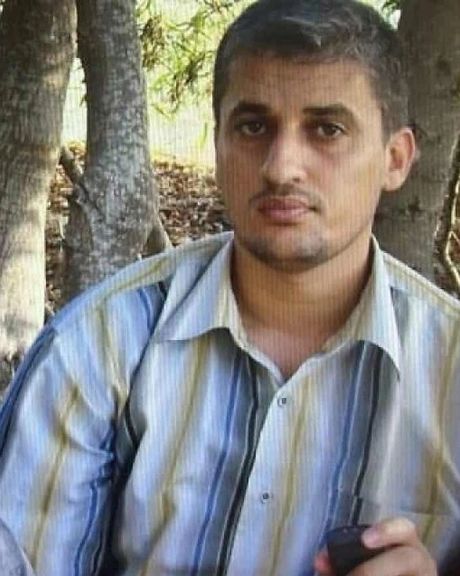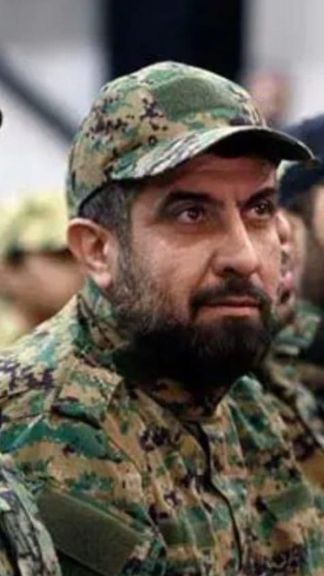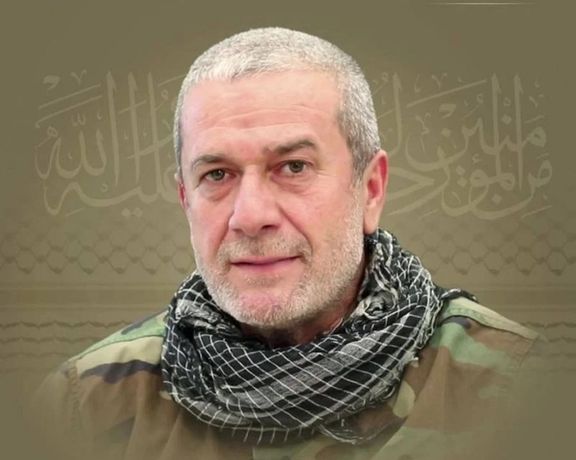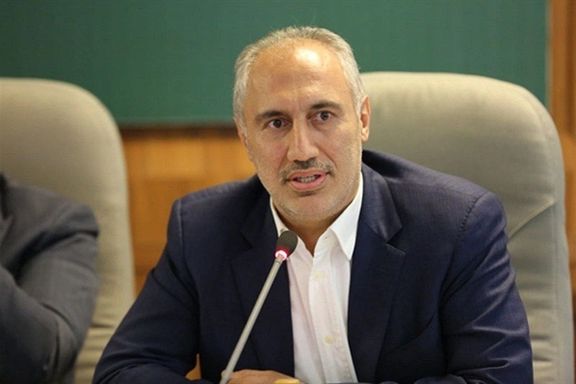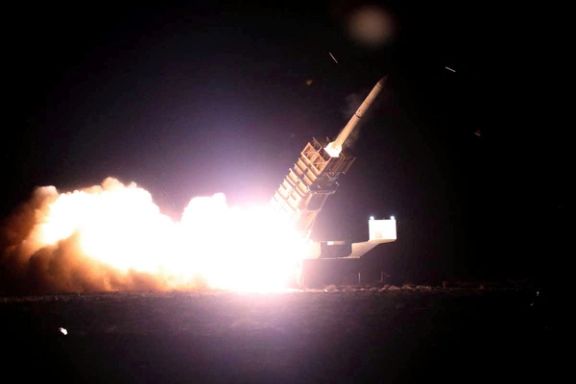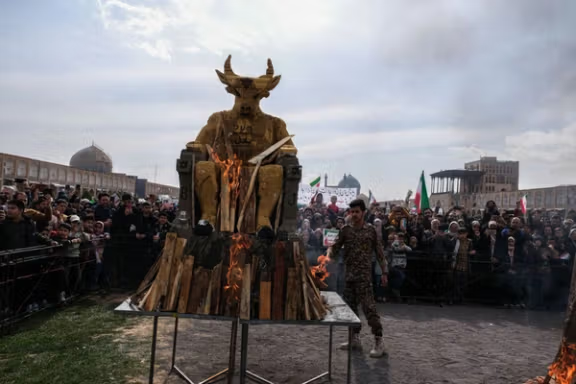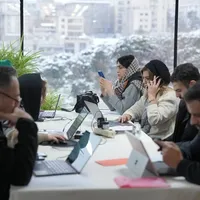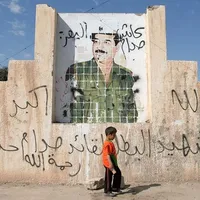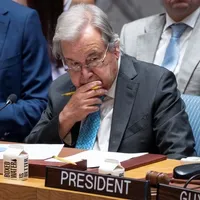At a ceremony in Jerusalem, Israeli Prime Minister Benjamin Netanyahu addressed the nation with a resolute tone. Amid a backdrop of rising regional tensions, Netanyahu declared, “Anyone who harms our country will be held accountable. Iran and its proxies seek to surround us with a stranglehold of terror on seven fronts. Their visible aggression is insatiable, but Israel is not helpless. We are determined to stand against them on every front, in every arena, far and near. Anyone who murders our citizens, anyone who harms our country will be held accountable. He will pay a very heavy price.”
Netanyahu’s comments come in the wake of nearly ten months of conflict in Gaza and the recent assassinations of a senior Hezbollah commander in Lebanon and Hamas’ top political leader in Iran. The heightened hostilities have raised fears of further escalation and retaliation from Iran and its allies.
On his part, Iranian President Masoud Pezeshkian condemned the assassination of Hamas leader Ismail Haniyeh, calling it a violation of international law. “The assassination of a guest of the Islamic Republic of Iran was an act that violated all international laws,” Pezeshkian said. “It was a grave mistake by the Zionists. The audacity will not go unanswered.”
According to media reports, Iranian officials told Arab diplomats that Tehran does not care if an attack on Israel triggers a regional war. But this can also be part of a psychological war both sides have launched.
Israel's channel 12 said that Israel’s security establishment is considering the possibility of “preventive actions or attacks” it could initiate, “including in Lebanon or perhaps in other places as necessitated.”
Siamak Javadi, an economics professor and researcher at the University of Texas, told Iran International, “Aside from its military aspect, war is a full-scale economic project. You can’t wage war with an empty pocket.”
Comparing gross domestic product, per capita national income, and inflation and unemployment rates in Iran and Israel, he added that the Islamic Republic is financially and economically incapable of engaging in a full-scale war with Israel.
Hossein Aghaei, a researcher in international relations and strategic affairs, also told Iran International, “The Islamic Republic is caught in the strategic trap or chain reaction game set by Israel.”
He added that the Iranian government finds itself in a “difficult and enigmatic” situation and has no choice but to provide a “direct and proportionate response” to Israel in order to restore its deterrent power.
Aghaei warned that if the Islamic Republic engages in “a high-risk game” and initiates a “comprehensive and multi-front” conflict against Israel, the region could be drawn into a major military confrontation.
In Israel, the prospect of retaliation has prompted increased vigilance. Citizens are preparing bomb shelters, recalling an unprecedented direct military assault by Iran in April following a suspected Israeli strike that resulted in the deaths of two Iranian generals in Syria. Despite Israel intercepting nearly all incoming drones and missiles, the country remains on high alert.
Citing an Israeli official, NBC News also reported that Israel is bracing for a potential multiday attack by Iran and its proxies in retaliation for the assassination of two senior militant leaders last week.
“They’ll just try to wear us out,” the official said, adding that Israel fears waves of missiles and drones could be fired over several days.
Defense Minister Yoav Gallant sought to reassure the public of Israel’s preparedness. “We are highly prepared in terms of defense and we are ready for both a swift response or attack,” Gallant stated. “If they dare to attack us, they’ll pay a heavy price.”
Israeli President Isaac Herzog, also speaking at the memorial ceremony, emphasized the importance of national unity and resilience. He stressed the need for a swift agreement to return hostages held in Gaza and called for unity amidst internal divisions. “Our national resilience is being tested, and we all feel that internal tensions and polarization are growing,” Herzog said. “I call on public leaders to calm the situation, exercise restraint, refrain from crossing red lines, and protect our social fabric and solidarity.”
The international community is closely watching the situation, with the United States actively engaged in diplomatic efforts to manage the crisis. The US has signaled to Tehran that restraint could improve prospects for diplomatic engagement and warned that any significant strike on Israel would provoke a strong response. Reports suggest that the US has also urged Israel to de-escalate tensions.
The US asked European and other partner governments to convey a message to Iran not to escalate, warning any significant strike on Israel would draw a response, a report by the Wall Street Journal added, citing multiple sources.
Iran, however, remains defiant. In addition to President Pezeshkian’s remarks, Acting Foreign Minister Ali Bagheri Kani affirmed Iran’s right to defend its sovereignty and security. This stance reinforces Tehran’s resolve to respond forcefully to perceived aggression.
Meanwhile, the Israeli Alma Research and Education Center forecasts a significant and coordinated Iranian attack, involving ballistic and cruise missiles and UAVs from multiple sites in western Iran. The report suggests that such an attack could involve coordination with Iranian proxies, including Hezbollah, and might feature a combined launch of various weapon systems.
“In our estimation, this attack will be a combined launch of ballistic missiles, cruise missiles, and UAVs from many sites in western Iran, with both the IRGC and the Iranian Army taking part. We also assess that most of the launches will be carried out from open areas near the underground sites using mobile launchers,” Alma added.
Ghassan Ashour, a Middle East analyst, told Iran International that following the assassination of Ismail Haniyeh on Iranian soil, the Islamic Republic has no choice but to respond to Israel.
Ashour added that, nevertheless, Iranian officials know that "any war with Israel is not in Iran's interest, and any war would benefit Israel."
According to the analyst, a military confrontation would pose less risk to Israel because it would not be alone in this battle, and there is a possibility of US intervention in support of Israel.
Ashour further noted that, in the event of a war, regional countries will not allow the Islamic Republic to use their airspace.
